It was initially hoped that Latin America would escape the coronavirus outbreak thanks to its warm summer and remoteness from the first epicenters of the viral infection.
However, those hopes have been shattered with the rapid escalation of the COVID-19 pandemic in the region and the approach of winter.
According to official statistics cited by Bloomberg on April 8, governments in Latin America—home to more than 620 million people—have reported about 40,000 cases and 1,560 deaths. Some health professionals believe that the numbers are underreported.
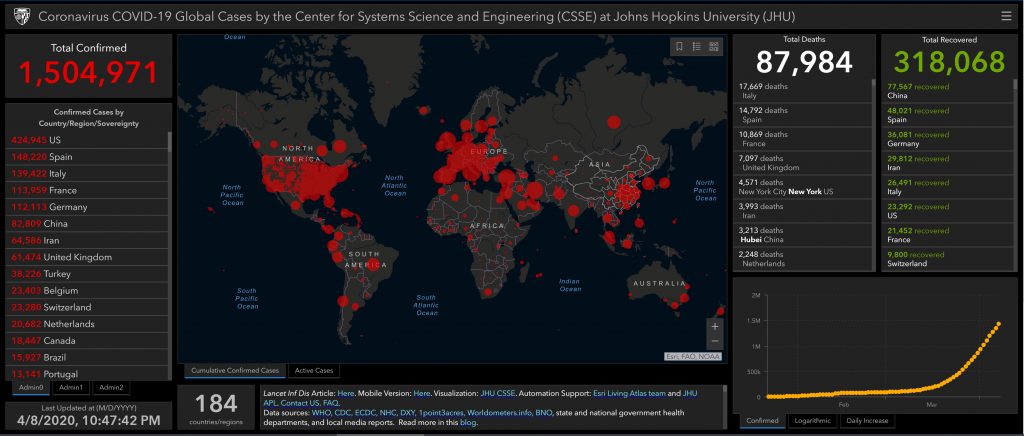
Over one and a half million people worldwide have so far been infected with the novel virus that first emerged in China in late 2019, according to the latest data released by the Center for Systems Science and Engineering at Johns Hopkins University.
The United States now leads the world in confirmed coronavirus cases. Around 425,000 cases have been confirmed in the country, including more than 14,000 deaths.
Europe became the epicenter of the global pandemic in March. As of April 8, 634,735 cases and 55,826 deaths have been registered in the EU/EEA and the UK, according to the statistics released by the European Center for Disease Prevention and Control, an independent agency of the European Union.
Over one and a half million people worldwide have so far been infected with the coronavirus.
Center for Systems Science and Engineering at Johns Hopkins University
Latin America's Response
Some Latin American governments waited to see the response of the world's most powerful economies, but others soon took swift steps to cushion the social, political, and economic impact of the health crisis.
El Salvador's 38-year-old president, Nayib Bukele, began imposing some of the world's toughest controls to deter the spread of the virus even weeks before his country's first positive test of COVID-19 in mid-March.
According to the Washington Post, he quickly banned visitors from high-risk countries, shuttered schools, put restrictions on gatherings, barred foreigners from entering the country, and imposed a 30-day quarantine on Salvadorans entering from abroad.
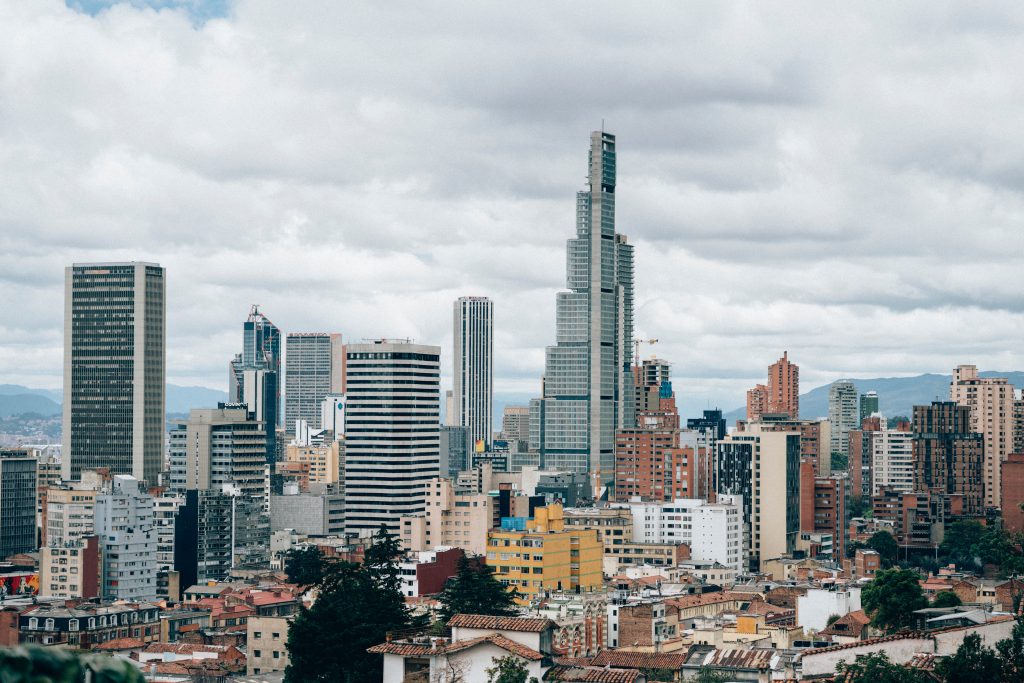
Other countries in Latin America began taking similar steps after finding themselves vulnerable to the pandemic that has wreaked havoc on the world and upended industries for the foreseeable future.
Brazil, Mexico
As Bloomberg reports, countries like Argentina, Chile, Colombia, Ecuador, Peru, and Venezuela introduced lockdowns, mostly in mid or late March.
But the presidents of Brazil and Mexico, which together make up more than half of Latin America's population and economy, have largely dismissed calls to shut down business and limit public life.
Brazil had 15,927 confirmed cases and 800 deaths as of April 8, the data published by Johns Hopkins University shows. In Mexico, 2,785 people have tested positive coronavirus and 141 deaths have been reported.
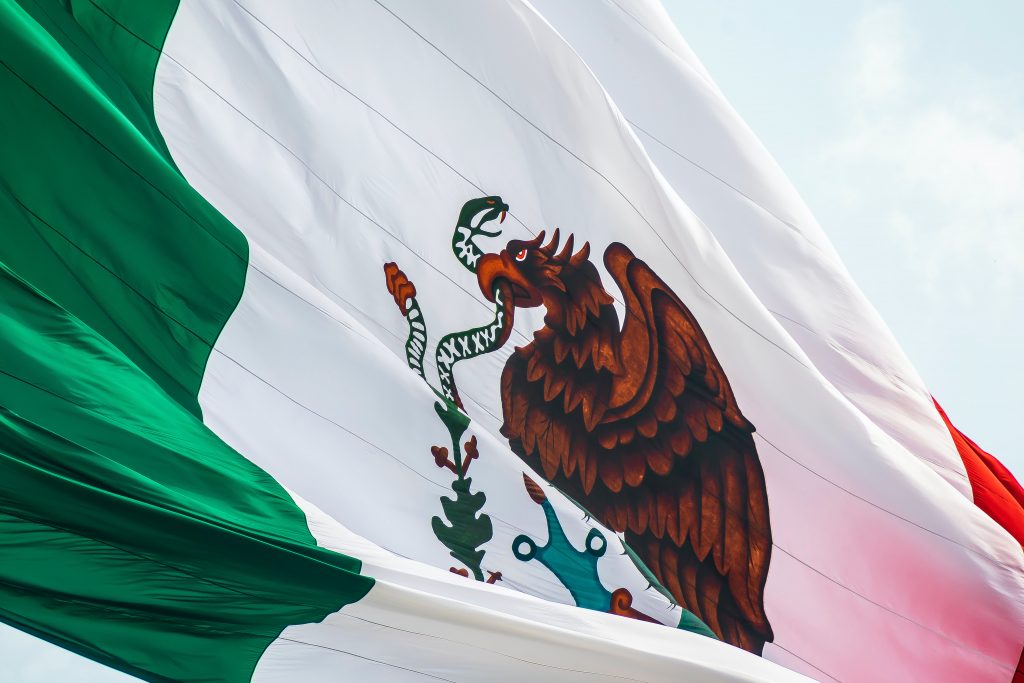
Jair Bolsonaro of Brazil has categorically denied the need to reinforce social distancing, which has put him at odds with governors and mayors. Most of them have refused to follow his commands.
According to Reuters, he has insisted on reopening businesses and schools and getting Brazilians back to work. He has called lockdowns a "crime" and has branded governors "job killers".
His Mexican counterpart, Andrés Manuel López Obrador, has also remained defiant, albeit to a lesser degree. In speech after speech, he has told Mexicans they should not fear COVID-19.
As the New York Times reports, López Obrador has also been mingling with crowds much to the shock of international observers.
In late March, his government eventually closed schools, told Mexicans to stay at home, and prohibited large gatherings.
The Brazilian president has categorically denied the need to reinforce social distancing.
Healthcare Situation
These measures may be too little too late in a region with high poverty rates and relatively underfunded health systems. Official figures cited by the New York Times show that an estimated 490 million people lack proper sanitation in Latin America.
"Latin America invests less in healthcare than most regions: $949 per capita every year, almost four times below the OECD average of $3,973, and even less than the Middle East and North Africa ($1,420)," Americas Quarterly reports.
The medical community has warned that any delay in taking radical steps to limit the contagion could create an ideal breeding ground for the virus, especially as a large share of the population lives in close quarters.
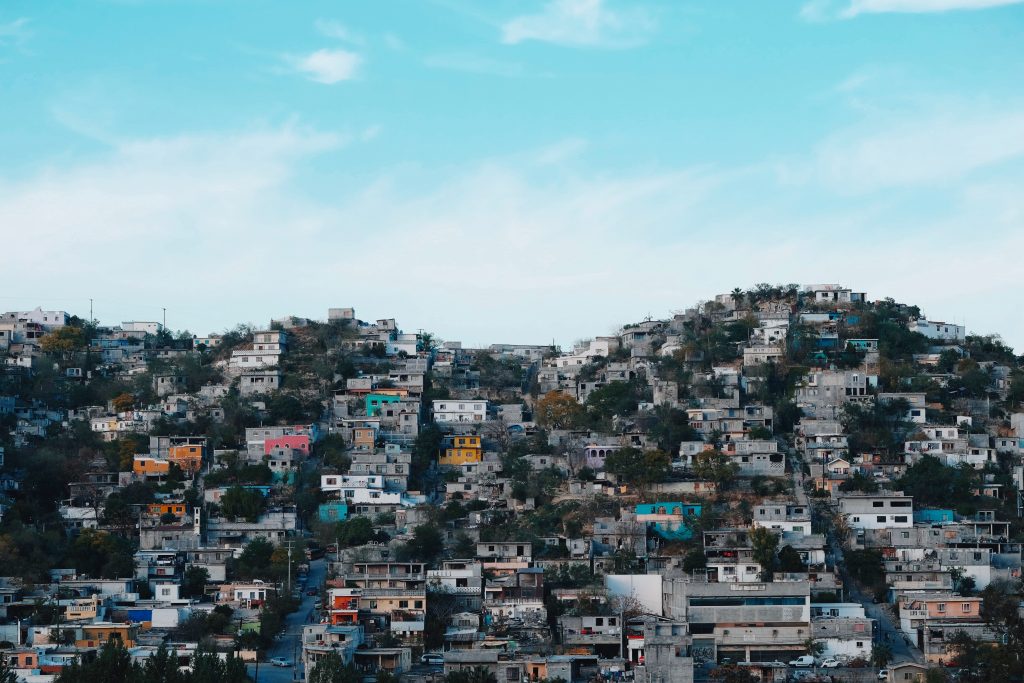
According to the Guardian, indigenous groups in countries like Brazil, Colombia, Ecuador, and Peru have been blockading their villages and retreating into their traditional forest and mountain homes to protect themselves as health experts say they are in danger of being "wiped out" by coronavirus.
Respiratory illnesses are already the major cause of death among native communities, BBC says.
Looming Economic Crisis
Apart from public health, humanitarian and political crises, leaders in Latin America have to brace themselves for the economic crisis that is around the corner and could fundamentally reshape the social fabric throughout the region.
Data quoted by the New York Times shows that the region grew only 0.1% in 2019.
Venezuela, which was already grappling with an economic recession, looks set to take the brunt of the situation worsened by the collapse of oil prices. Ecuador, another oil-dependent economy, is going through a rough time.
The longer-term implications of the crisis are also grim for export-oriented countries and those who depend on tourism.
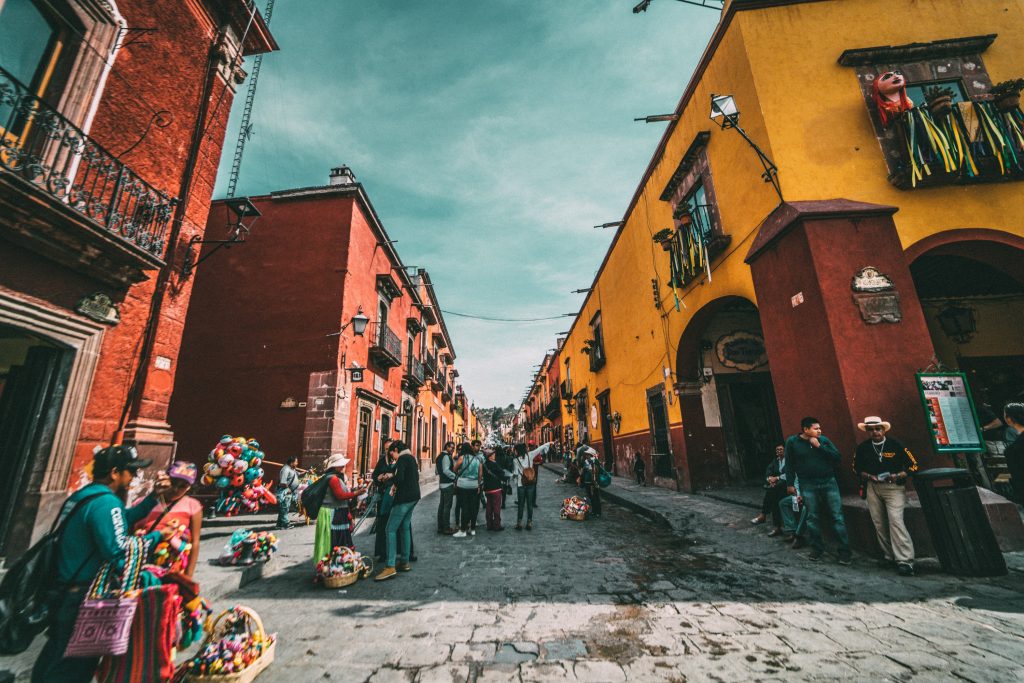
COVID-19 has had a significant impact on airport activity in Latin America as a result of travel restrictions and quarantine measures in most countries in the region.
"The year began with a 3 percent growth in passenger traffic in January and February. However, as of Mar. 1, traffic began to drop steadily," Aviation Pros wrote.
Governments in Latin America have introduced different initiatives to help shield and stimulate the economy. But it remains to be seen how effective they will prove to be in the aftermath of the coronavirus epidemic that is gutting the global economy.

